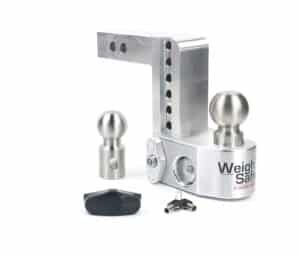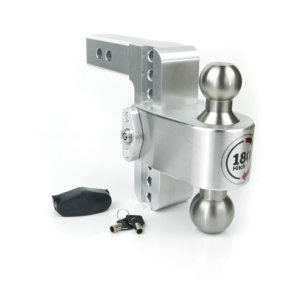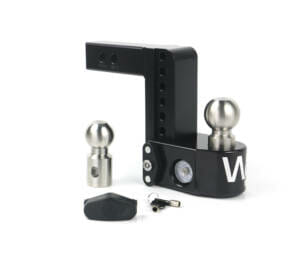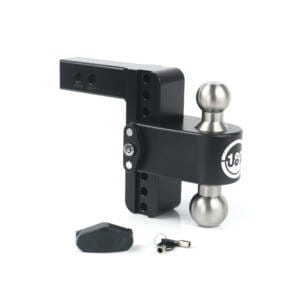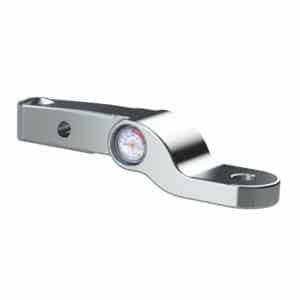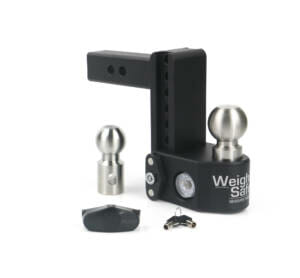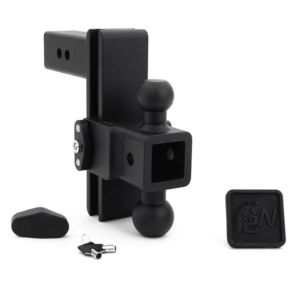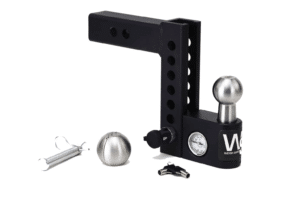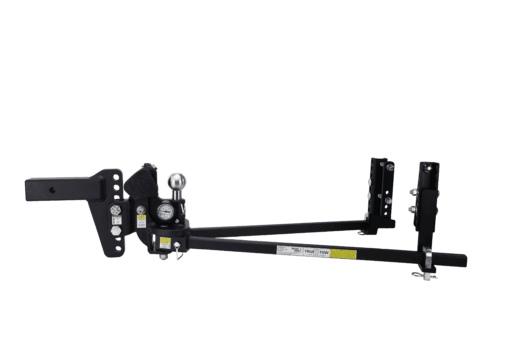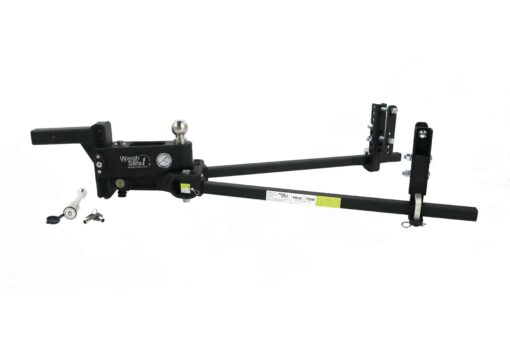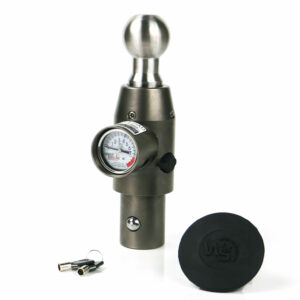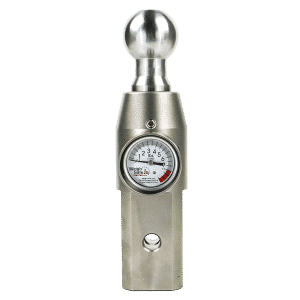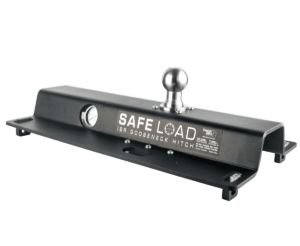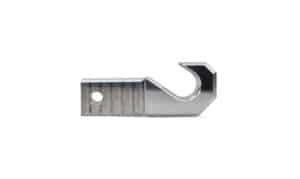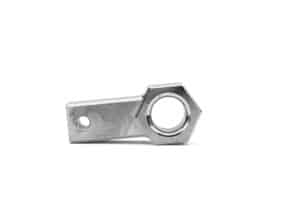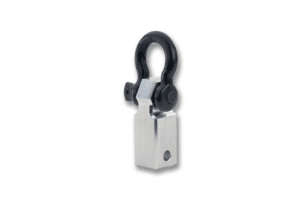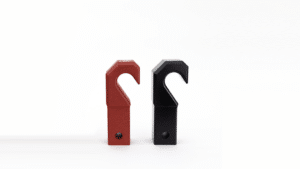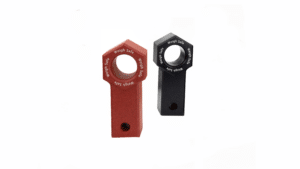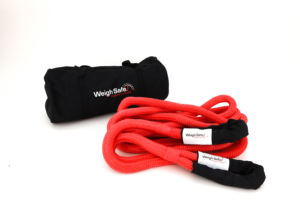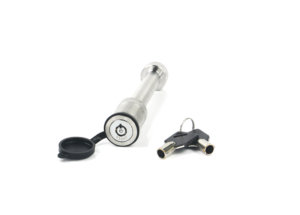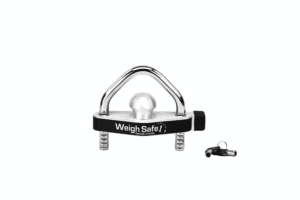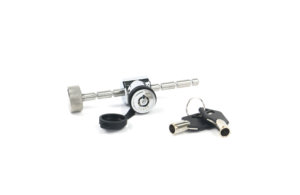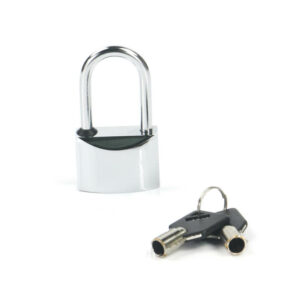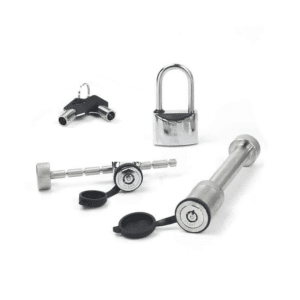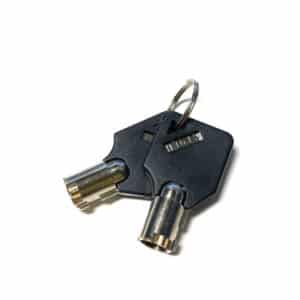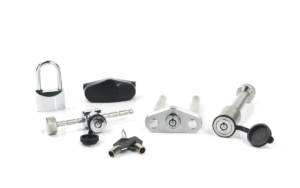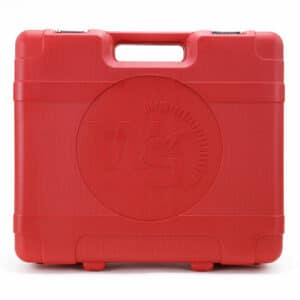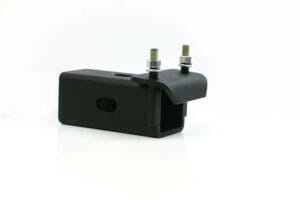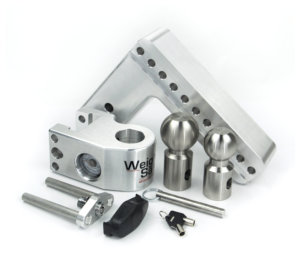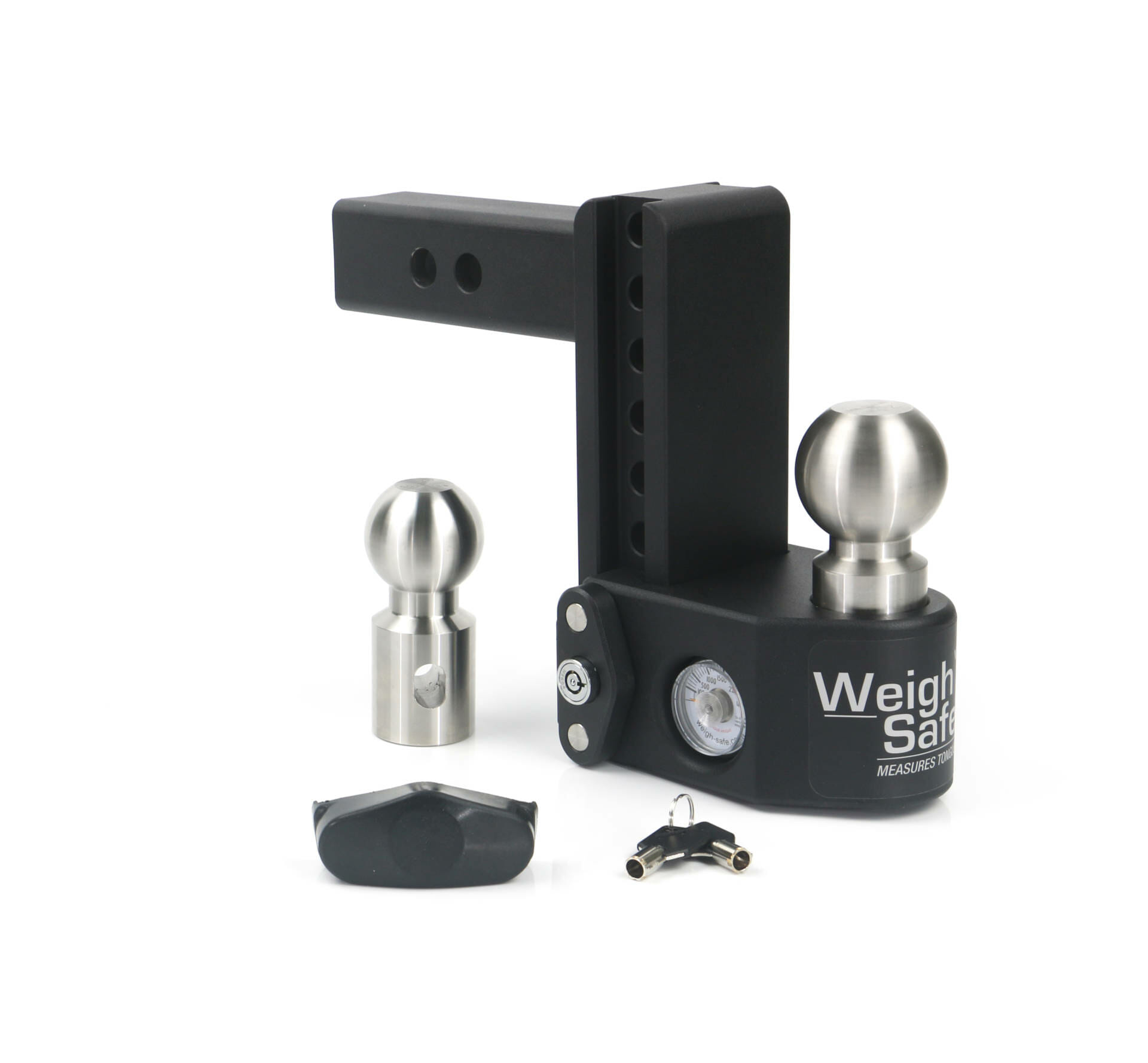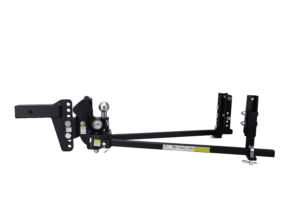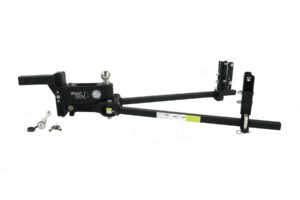Towing Safety
Towing Variability – Weigh Safe Hitches
There are a wide variety of towing needs and applications out there, so whether you’re transporting bales of hay for your livestock, bins of aluminum to be recycled, or a skid steer to your next job location, you NEED to know your tongue weight so you can get there safely. Towing variability is one of those areas that few people know a lot about but is crucial to safe towing.

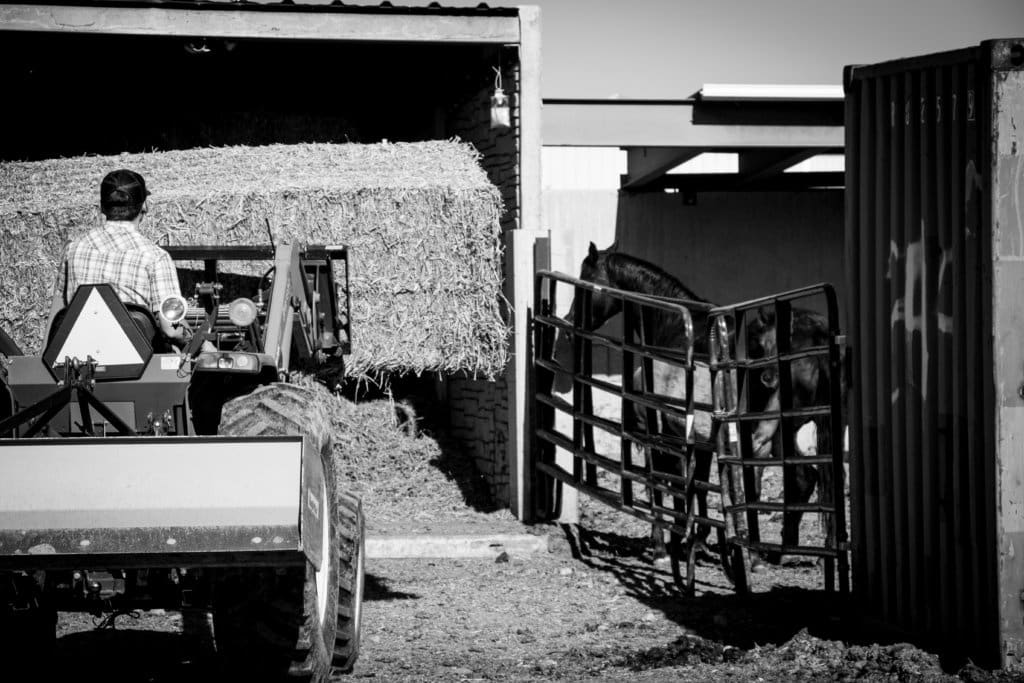

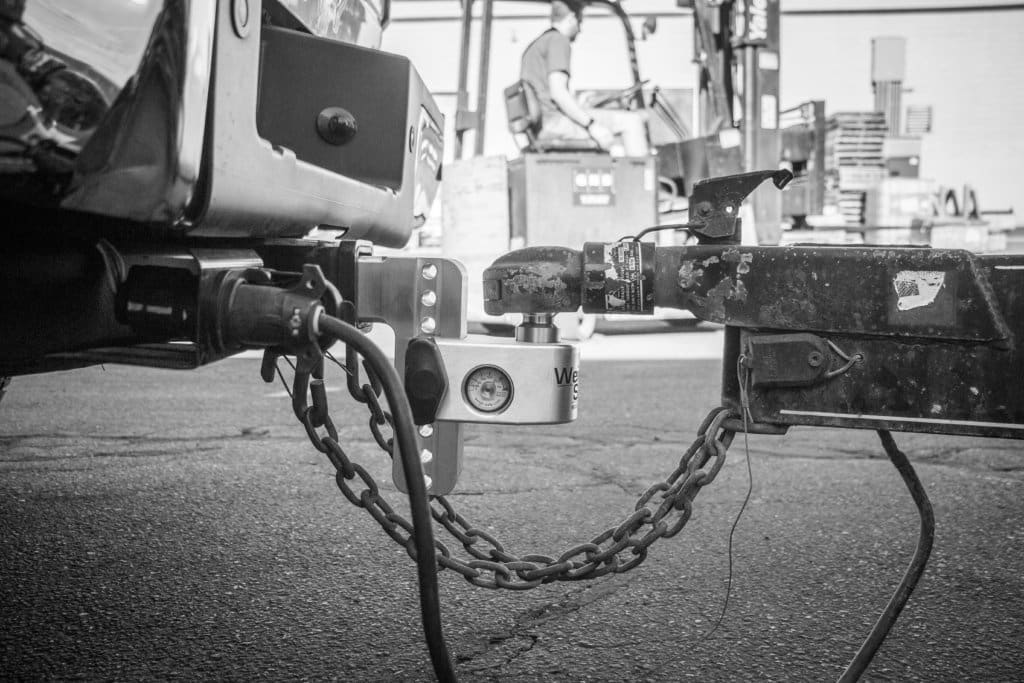

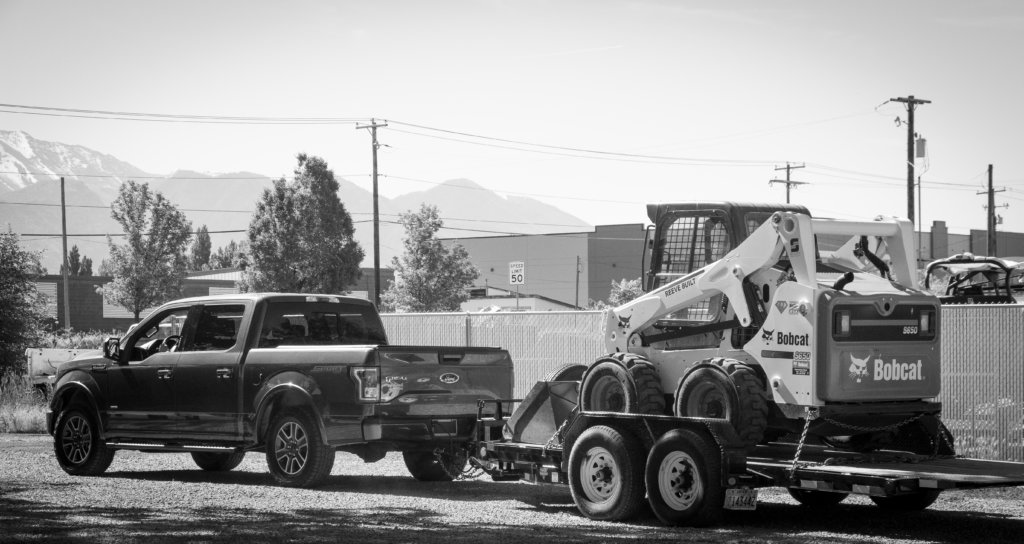
No matter what you put on or in your trailer, this weight adds to the GTW or gross trailer weight and is therefore altering your tongue weight at the same time. It is absolutely critical to know the unloaded dry weight (or curb weight) of your trailer along with how much load weight has been added. This will help you keep your tongue weight within the recommended 10-15% of your GTW. Anything outside of that range is an unbalanced load and can easily cause unsafe trailering, such as, trailer sway or jack knifing. In many cases, your load weight will vary throughout the day as you load and unload cargo. Be sure to verify correct tongue weight before each transport.
Along with knowing your gross trailer weight (GTW), beforehand you must know your GVWR or gross vehicle weight rating so that you are aware of the maximum amount of weight you can tow altogether. If you do not familiarize yourself with the GVWR of your vehicle, you will be unaware as to whether or not you are overloading your vehicle. It is important to know that all cargo, passengers, equipment and tongue weight contribute to your GVWR.
Overloading your tow vehicle is not a safe way to tow and neither is improper tongue weight. Do your research and know before you tow. Our Weigh Safe hitch can help you keep your tongue weight between 10-15% of your GVW and help you with a towing peace of mind.
